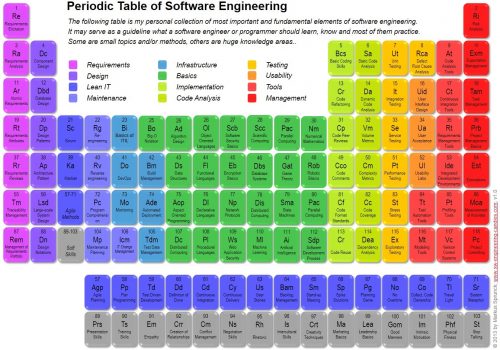A while back I blogged the link to the Front-end Developer Interview Questions. Today comes a similar link, but for the Back-end Developer Interview Questions.
Question lists like these aren’t just useful for adjusting your interviews, but also for self-checks and assessments. Each company, team, and project often require a slightly more specialized expertise, which often leads to narrower interviews and “tunnel vision”. Looking at other people’s interview questions helps to review and adjust the questions and address the gaps, resulting in a more rounded interview and expertise.

